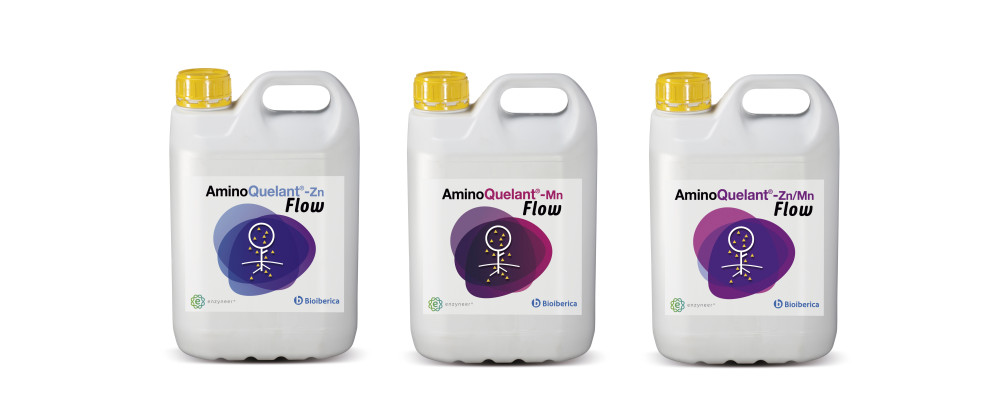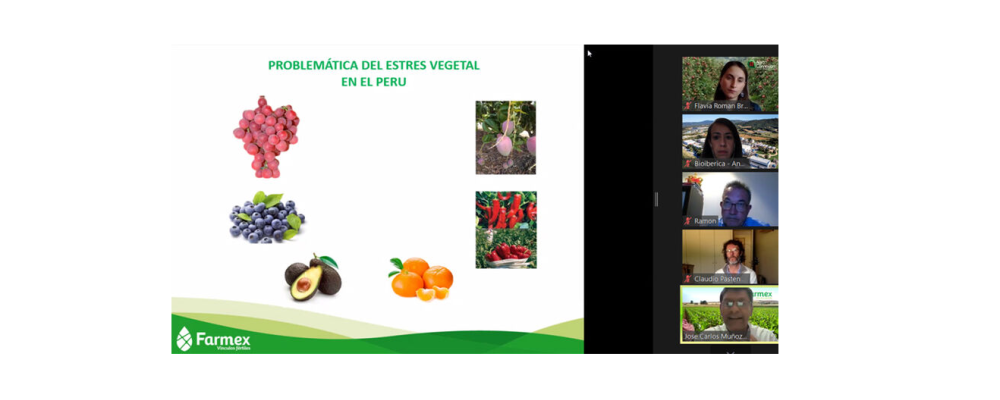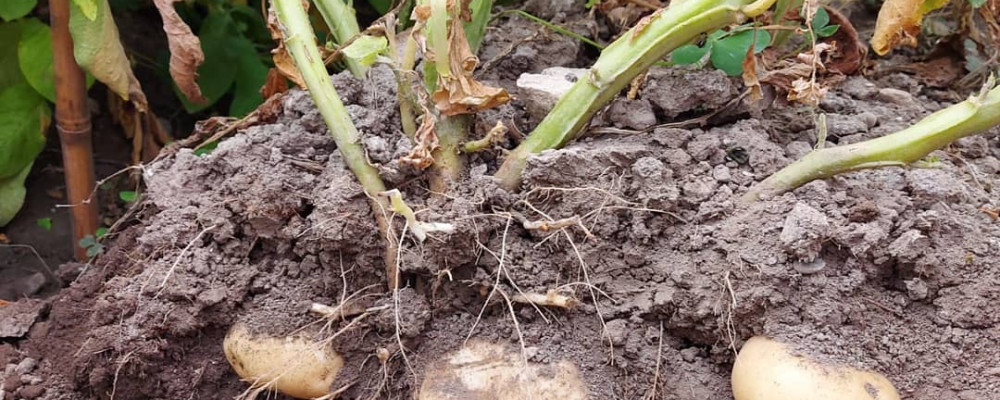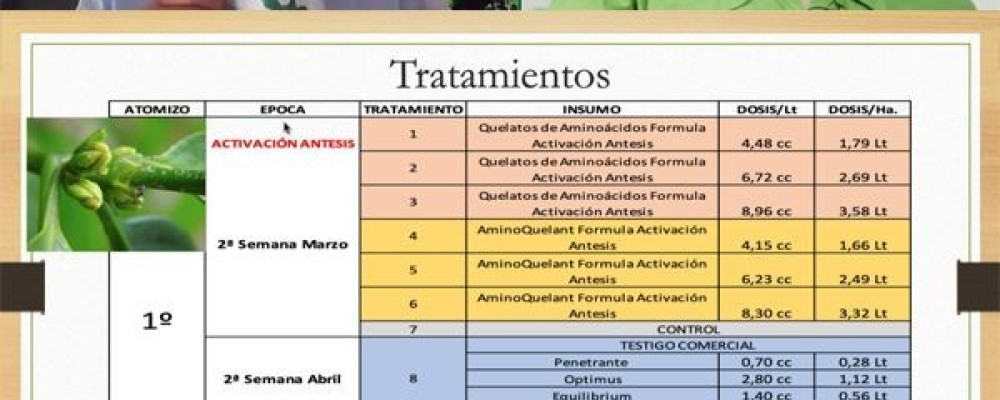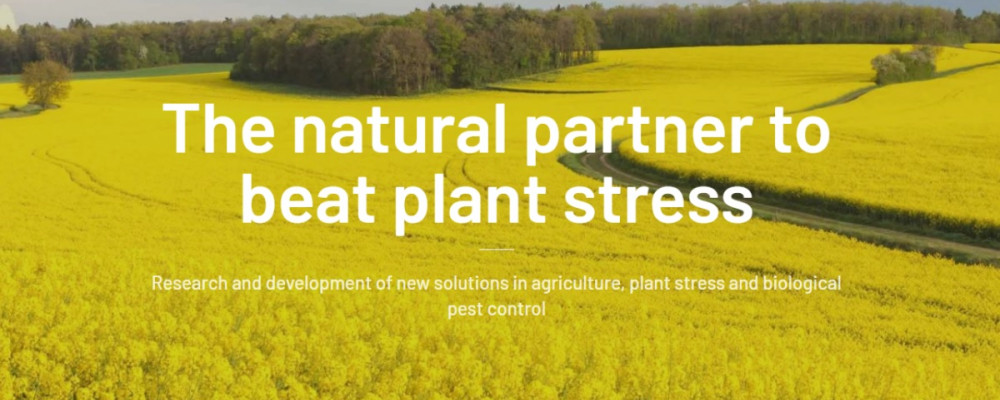Wednesday, 13 February 2019
Citrus | Latest news | Field Experience | Frut trees | Horticultural | Products | Terra-Sorb® | AminoQuelant® | Applied Knowledge | Olive Tree | Cera-Trap® | Extensive crops | Suzukii Trap® / Dacus Trap® | Berries | Crop-Scan® | Tropical crops | Vine & grape | Inicium® | Armurox® | Optimus® | StresSal® | Equilibrium®
• This new online asset offers information on technology, products and scientific publications of this Bioibérica business unit
• Replaces and concentrates in a single space, different webs that, until now, coexisted separately
• With a more modern and usable style, and a totally responsive design seeks a more direct communication with customers
Wednesday, 05 April 2017
Field Experience | AminoQuelant® | Olive Tree
Boron (B) is one of the seven essential micronutrients for the proper growth of most plants, as it promotes proper cell division and expansion. It is also involved in the formation of the cell walls, pollination, blossoming, seed production, translocation of sugars to the roots, regulation of hormone levels and many other highly important processes. Due to its key role, an adequate supply of this micronutrient might mark the difference between an average harvest and an excellent one.
Wednesday, 08 June 2016
Field Experience | AminoQuelant® | Vine & grape
Potassium is one of the most important macronutrients in vineyards. A proper potassium supply is necessary to improve the quality of the grape and its wine (sugar contents, coloration, taste, firmness and post-crop conditions). Potassium has a direct role in the synthesis of sugar and other enzyme processes related to the grapes’ maturation.
Wednesday, 27 April 2016
Field Experience | AminoQuelant® | Berries
Chlorophyll is probably the best known of plant pigments, for it is the one that gives plants their characteristic green color. But its usefulness goes beyond color, for it is thanks to chlorophyll that photosynthesis is made possible, allowing plants to transform the sunlight into energy and growth.
Thursday, 28 January 2016
Field Experience | AminoQuelant® | Tropical crops
Pineapple, or Ananas comosus, is a plant from South America. Currently, pineapple fruit is cultivated in tropical areas around the world, particularly in Thailand, Brazil and Costa Rica. This fruit is consumed mainly in two ways: fresh, or preserved in syrup. Both methods preserve their most beneficial properties: high levels of Vitamin C and Manganese, positive digestive and diuretic effects, and low fat content. Furthermore, pineapples are a favorite of sportspersons for their anti-inflammatory properties, which help to prevent tendinitis and muscular pain.
